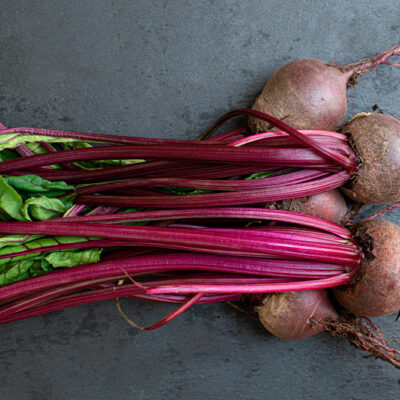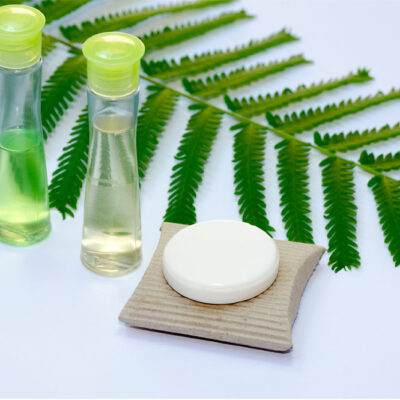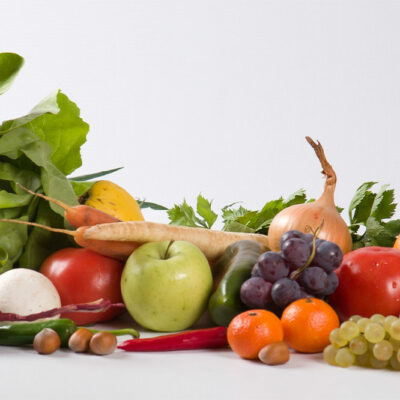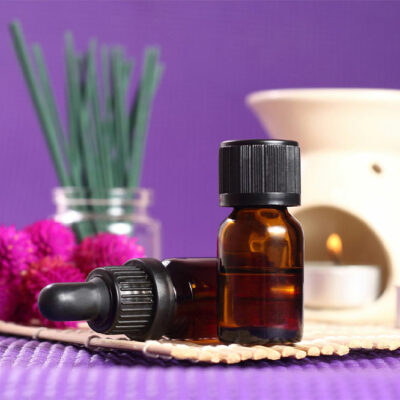
health
5 nourishing foods that strengthen lungs
It is crucial to keep the lungs healthy in order to prevent the onset and escalation of serious conditions. There is a possibility that harmful toxins in the environment and consumption of inflammatory foods can lead to ailments such as chronic MAC infection, chronic obstructive pulmonary disease (COPD), and pulmonary fibrosis. Altering lifestyles and eating a nutrient-rich food regime can boost lung health. Here are five foods that can improve the function of the lungs. Beetroots and beet greens Beetroots are beneficial for the lungs, as they contain nitrates that relax blood vessels, decrease blood pressure, and improve oxygen levels in the body. On the other hand, beet greens are rich in magnesium and potassium, both minerals that boost lung health and help manage chronic MAC disease. Apples Apples, filled with beneficial flavonoids and a phytonutrient called quercetin, have always been known to keep doctors at bay. This fruit also contains phytochemicals that help keep your lungs healthy and your throat passageways clear. Apples contain all the good antioxidants that prevent chronic ailments. Ginger This immunity booster is an age-old remedy that helps keep the respiratory system healthy. Ginger is an anti-inflammatory spice and relaxes muscles of the lung tissue.
Read More 









